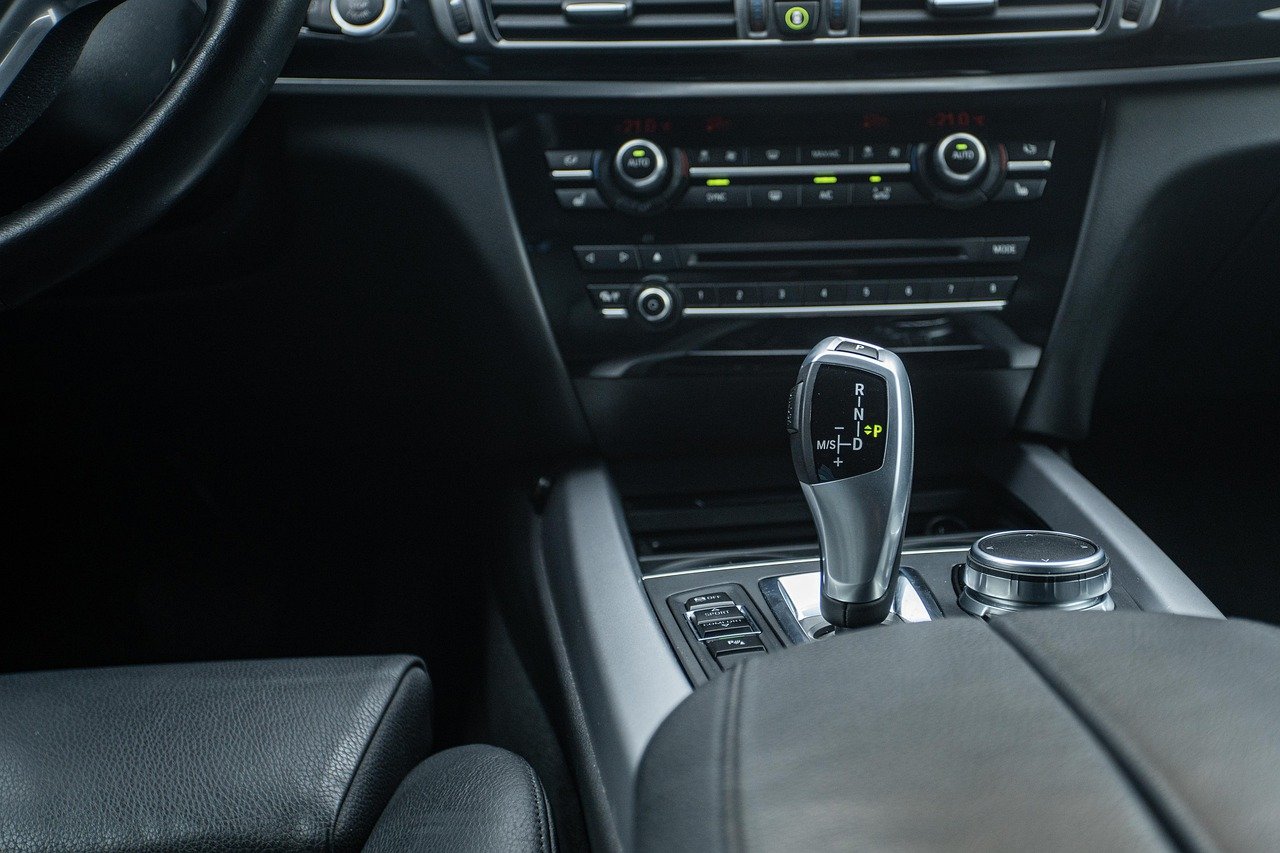Consumer shopping habits have been rapidly changing over the past 10 years, with the ongoing penetration of smartphone usage being a considerable factor. With Statista estimating that smartphone usage in the UK will rise to 79% of all adults by 2022, potential customers are now interacting with your business in a 24/7 landscape.
This is no different for the automotive industry; through ClickEngage, dealers are able to offer their potential customers a 24-hour enquiry and reservation service, directly integrated into your website and DMS. Analysing ClickEngage enquiry data across 2019 showed just how your customers are engaging with dealerships, at what times, and why your dealership must embrace changes in customer behaviour to thrive in the future.
The reign of the 9-5 is over
Whilst many dealerships still keep to traditional opening hours, the reign of the 9-5 is well and truly over where customers are concerned. Across ClickEngage users, the average opening times for dealerships were between 9AM and 6PM, with customers able to make enquiries at all times through ClickEngage’s 24/7 enquiry and vehicle reservation service.
Within this timeframe, 52.5% of all enquiries to ClickEngage users came outside of these hours, and enquiries made between 6PM and 11PM account for a whopping 31.5% of all enquiries for the entire day. Night owls (11PM-2AM) and early birds (5AM-8AM) accounted for 11% of all enquiries, sitting at 7.5% and 3.5% respectively, with a further 3% of all enquiries being made between 8AM and 9AM, right before dealerships typically open.
In 2020, convenience is undeniably a key factor when it comes to customer satisfaction. In order to offer the best service possible, dealerships must be available to take enquiry requests on a 24-hour basis, lest they accidentally miss out on quality leads generated out of hours.
If you’d like to find out more about how your business could benefit from ClickEngage, then please get in touch with us on 01782 478 220 or by email using [email protected]










